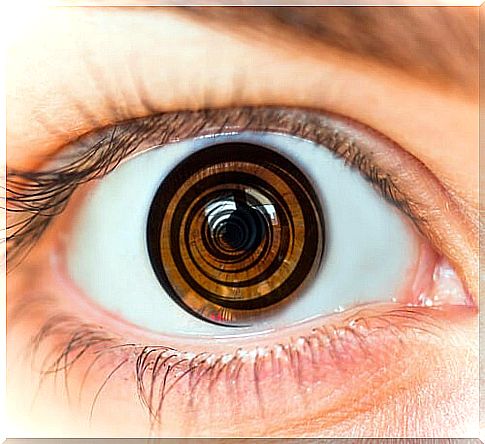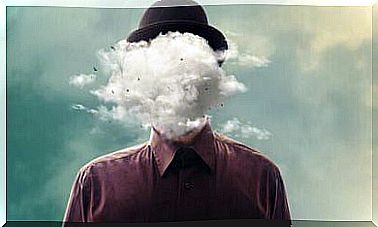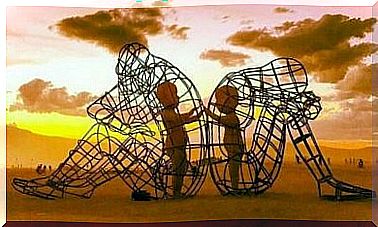Why Do We Sometimes Feel Vertigo?

Milan Kundera says that “vertigo is something different from fear of falling. Vertigo means that the depth that opens up before us attracts us, seduces us, awakens in us the desire to fall, from which we defend ourselves in terror “.
Opening the text with a Milan Kundera phrase about vertigo can seem daring. However, today I want to approach the article from a psychological point of view. While this is a physiological condition, it can have serious consequences on our psyche. And that will be the focus of how much you are going to read next. Will you accompany me?
What is vertigo?
Vertigo is a condition that causes a sensation of movement or spinning. Many describe it as dizziness, but it is not in itself like the feeling of lightheadedness. People with this disease really feel like the world is moving around them.

The causes are varied. In the case of peripheral vertigo, with the problem rooted in the inner ear, the condition can be motivated by nerve inflammations, injuries with head trauma, ingestion of medications, etc. On the other hand, if you suffer from a central type, whose problem lies in the brain, the reasons may be strokes, drugs, vascular diseases or tumors.
Be that as it may, they both have similar symptoms. Dizziness, hearing loss, ringing in the ear, double vision, facial paralysis are typical. .. Other problems would be poor speech articulation, weakness or problems with eye movement.
Psychological factors of vertigo
But vertigo causes another series of problems in the individual beyond the merely physiological. On a psychological level, anyone can also be affected. This is the opinion of doctors such as MR Clark, L. McKenna, M. Dieterich or RG Jacob, on whose studies we have relied to make this list of possible consequences.
Psychogenic dizziness
Insecurity, anxiety, and depression are symptoms of psychogenic dizziness. Such dizziness can cause or be provoked by these situations. However, despite not being a primary part of this condition, they can be associated, although the studies are not yet conclusive.
Panic
It is not always easy to differentiate panic from vertigo. Although a panic attack can be caused by different social or personal situations, there are also cases in which it is related to conditions related to vertigo.
In this case, dizziness, a feeling of faintness and anxiety are experienced. They can be associated with breathing problems, palpitations and excessive sweating. On many occasions it has been thought that this could be a transitory situation, when in reality the patient suffers from vertigo.
Anxiety
Anxiety, both chronic and acute, can become part of the vertigo condition. In this sense, making far-reaching decisions while suffering from this disease can greatly complicate the symptoms.
Somatization
In this case we are not talking about a psychological problem generated by vertigo, but we are talking about a somatization syndrome. That is, different symptoms of the disease can be found in the patient. However, he has somatized it, but in reality he does not suffer from it. However, you suffer from dizziness, headaches, fatigue, etc.
Depression
Any chronic illness can lead to depression. In this case, vertigos are part of this ill-fated family. So dizziness and other symptoms could be a sign of a bigger problem in the form of vertigo.

Phobic positional vertigo
Another vertigo condition can be phobic positional vertigo. It receives this name from Dr. Brandt, who showed that this condition could trigger fears of falling on the part of patients when they are standing, walking or performing any task.
Episodes of this problem can appear spontaneously. They could also generate avoidance attitudes that lead to fear, agoraphobia, hypochondria and other symptoms with a large psychological component.
We can see that vertigo is much more than just a disease. Without proper psychological preparation, it will not only affect our movement, but also our brain. However, with a positive attitude we can overcome the mental conditions that it could cause in specific cases.









